The rigorous way to minimize (I should say extremize) a function of another function is to use the Euler-Lagrange relation:

Thus:

Taylor expansion:

If we only consider up to "constant" terms:

Which is of course the result you obtained.
Next, linear terms:

We can't solve this equation analytically; but we can explore the effect of a perturbation in the function f(x) (i.e. a small change in parameter to the previous solution). We can obviously ignore any linear changes to f, but we can add a positive multiplicative factor A:

sqrt(ax) and Af are obviously both positive, so the RHS has a negative sign. This means that ln(A) < 0, and thus A < 1, i.e. the new perturbed function gives a (slightly) tighter bound. Since the RHS must be vanishingly small (1/f), A must not be very much smaller than 1.
Going further, we can add another perturbation B to the exponent of f:

Since ln(A) and the RHS are both vanishing small, the B-term on LHS must be even smaller for the sign to be consistent.
So we can conclude that (1) A is very close to 1, (2) B is much smaller than 1, i.e. the result you obtained is in fact a very good upper bound.
The above also leads to the possibility of even tighter bounds for higher powers of f.








